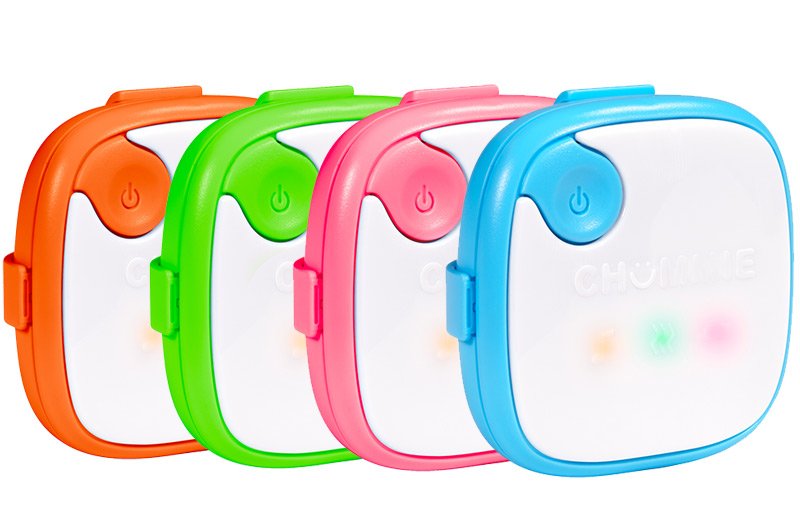Here's a counterproductive thought: If your child wets the bed, it might since he or she isn't getting adequate water or other fluids.Kids can quickly get sidetracked and forget to hydrate themselves during the day.
This might likewise happen if they remain in school and do not have access to appropriate fluids during the school day. If they go prolonged periods during the day without drinking, they may get thirsty in the evening and drink more water, which sets the phase for bedwetting. Dehydration also triggers inflammation to the bladder, which can then lead to increased frequency of urination.
There are numerous possible causes for bedwetting beyond daytime dehydration, which is why parents who are at their wit's end seek out Draper's expertise when their child deals with bedwetting. Here are 5 things Draper thinks moms and dads need to understand about the subject, known clinically as nighttime enuresis.
For the most part, children just outgrow the problem.
Roughly one in 6 children age 5 or younger have a problem with bedwetting. The majority of children outgrow bedwetting. By age 10, more than nine out of 10 children no longer struggle with bedwetting. This occurs, in large part, because of a maturation problem. As a kid physically develops, his or her brain is better able to translate and respond to messages from the bladder.
When dealing with children who experience bedwetting, the goal is produce a normal adult voiding pattern with time, and without using the fluid constraints, medication or a bedwetting alarm. These interventions must be viewed as short-lived, if they are required.
The issue most likely isn't severe.
Bedwetting rarely indicates an underlying medical condition. Generally, the problem just happens due to the fact that the child's brain and bladder are still finding out to communicate. Some kids sleep so deeply that the bladder's "emergency" signals can't break through to wake them.
In fact, moms and dads who utilize a "bedwetting alarm," which spots wetness, typically report that children sleep right through the noise. Treatment utilizing the bedwetting alarm can require time, but in the absence of any other medical concerns, it is the most effective treatment for bedwetting. In such cases, it is necessary for the parent to wake the kid, however not turn off the alarm. In other cases, OneStop BedwettingSolutions may prescribe anti-diuretic medication, which lowers the amount of urine produced by the body over night.
When the issue is medical, it's usually not major. For example, the kid might simply be constipated, and their complete bowel may put significant pressure on the nearby bladder. In such cases, a simple bowel program might solve or reduce the issue.
Bedwetting can in some cases be fixed by altering practices.
To stop bedwetting, OneStop Bedwetting Solutions recommends limiting beverages with caffeine or carbonation, like soda, because these can stimulate the bladder. Moms and dads can likewise limit fluid intake in the evening-- as long as the kid does not become dehydrated. Stress can likewise trigger bedwetting in kids, so removing stressors from the kid's every day life might also ease the concern.
| How to Stop Bedwetting |
On event, bedwetting can be an indication of something more major, such as sleep apnea, snoring, daytime wetting, urinary frequency, urinary seriousness, bedwetting after a prolonged duration of dryness or an infection in the urinary tract. Bedwetting is thought about regular in children ages 5 and younger. However if the child continues to have a problem after the age of 6 or 7, and especially if there are other signs such as painful urination or strangely colored urine, a journey to the center is required. Our M Health personnel take an extensive group approach to health-- and our clients have access to a vast array of multi-disciplinary care alternatives.
Bedwetting isn't anybody's fault.
Wetting the bed doesn't imply the parents did a bad job with toilet training. Nor does it mean that your child is lazy. The issue may be partly hereditary, and even when a lifestyle modification is mandated, the aspects aren't constantly in a moms and dad's or child's control. OneStop BedwettingSolutions typically works with schools to ensure children are getting adequate hydration, and are taking regular restroom breaks to construct habits and establish a better bladder-brain connection.

Post a Comment